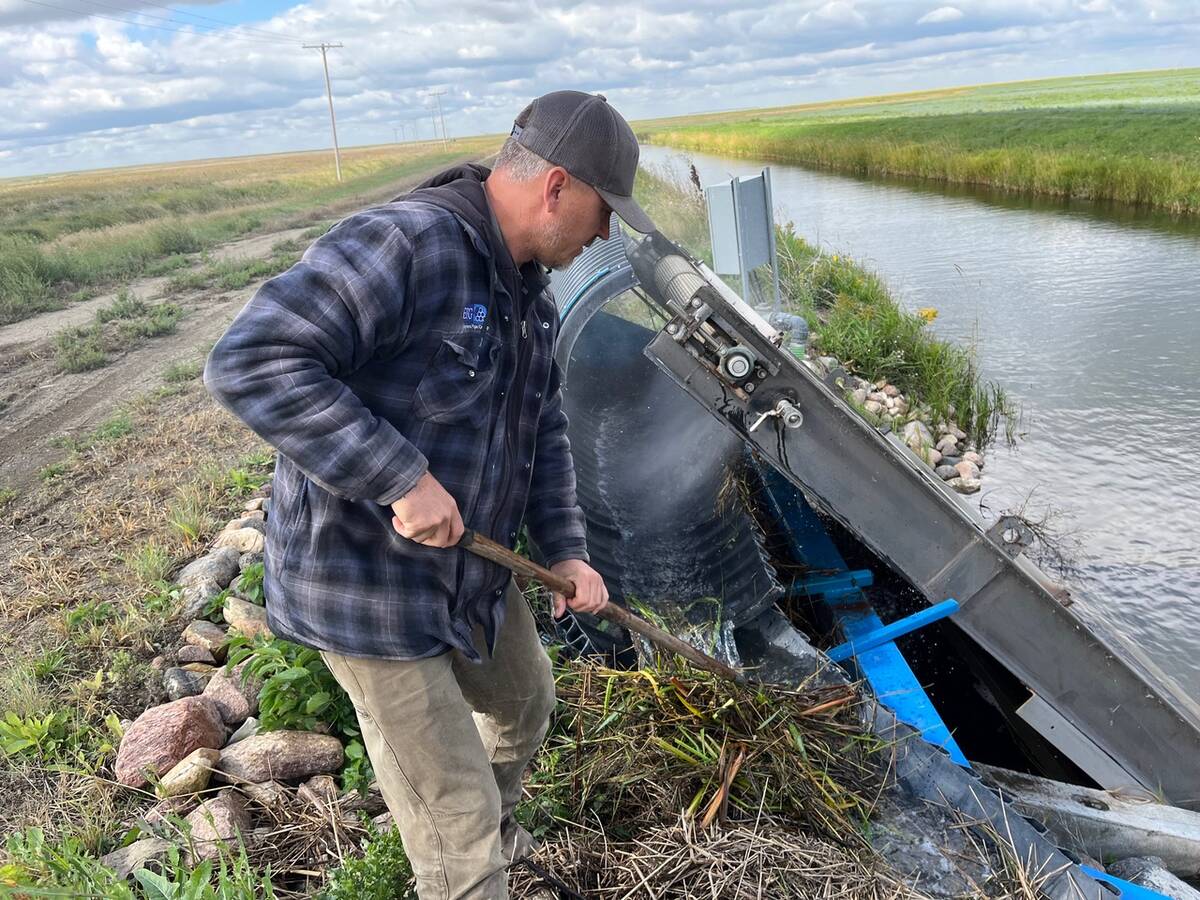The Saskatchewan government is reinstating the powers of two poultry marketing boards.
The Chicken Farmers of Saskatchewan (CFS) board lost its authority in May 2000, while the powers of the Saskatchewan Turkey Producers’ Marketing Board were suspended in February 2007.
Agriculture minister Bob Bjornerud said new boards are in place and the government wants to give them back as much power as possible.
“They’re better off running their business,” he said. “I always think the less government intrusion, the better off we are.”
Clinton Monchuk, chief executive officer of the CFS, said the decision to return power to the boards means they can implement policies more quickly.
Read Also

Saskatchewan farmer uses tile drainage to manage water
The integration of both irrigation and tile drainage results in higher yields, water efficiency, improved soils and less nutrient runoff, says one producer.
Boards can agree on policies and then send them directly to a government official for approval. While under the government’s scrutiny, an appointed administrator looked after quota allocation and resolved industry disputes.
“The government is fully comfortable with us running ourselves from within,” Monchuk said.
Monchuk couldn’t comment on what specifically led to the suspension nearly nine years ago.
However, at the time then-agriculture minister Clay Serby said the quota allocation process under a 1998 agreement to double production was not proceeding well because there was friction between the CFS board and the Broiler Hatching Egg Producers Marketing Board. The latter remains under an administrator.
“The state of the board then versus the state of the board now has drastically changed,” Monchuk said of the CFS.
He said the broiler chicken industry is doing well, although it is not immune to the economic downturn. Demand for broilers will likely be flat throughout the year, he said, with perhaps a small increase of 0.5 percent.
Monchuk added there were 70 broiler producers in 2007 and Saskatchewan was the third largest in terms of average sized farmers. Farm receipts totalled $71.2 million.

















